Professions are always changing. It takes time to watch them undergo change, to reflect on them, to listen to what ever-changing markets want from a profession, and to truly understand insights about how we as owners should change too. To fully vet out this change in our profession, I need to get philosophical in two long blog posts (Part 1 and Part 2). So bear with me.
What is a firm? At its most basic, a firm is made up of humans with trained knowledge selling their thoughts and insights to other humans who need that knowledge. If the people you are selling to find what you are selling to be valuable then you get to make money in your firm. Depending on the choice of the market a firm chooses to serve, the knowledge that clients need can vary greatly. But again, at its core, the need is the same: the human client needs technically trained knowledge to help them accomplish some goal that will aid their life and the lives of their clients and customers. But it doesn’t stop at the technically trained knowledge. The vehicle within which all service-based companies lead (and cannot get away from) is that this knowledge is delivered in a relationship. Maintaining the ‘vehicle of the relationship,’ enhancing it, getting better at it, and developing trust within that relationship is how the technical knowledge finds its greatest impact in the lives of the client. This is the basis and the core of a firm. It is a relationship first, and then it delivers its technical knowledge inside of the relationship vehicle. Relationship first, technical knowledge second.
Now we’ll discuss this relationship vehicle I’m talking about. I need to explain what I think it means to run a company with a relationship as the vehicle of the delivery of the service. I think it means to make a sacrifice to something that is larger than yourself. I often say this is ‘dying to yourself,’ of sorts. It is putting yourself last in this relationship for the betterment of those you are serving, team and clients alike. It is ‘dying’ because your service may come with a requirement to do what you do not want to do. What you must do is serve humans – but this will often run headlong into your own personal desires. So you must ‘kill’ your desires, so to speak. You must die in this relationship so that the ones you are serving may have more improved lives. You will quickly find that if you got into a service business to fulfill your own desires and needs, you will begin to dislike your work because the needs of others will mostly stand in stark contradiction to your own desires. But here we are in the professional service industry – what are we to do? You’re a firm owner, and you have to consider these sacrificial callings on you.
I know not everyone will agree with mine and my partners’ heartfelt desire to give, serve, and die to ourselves for service to our clients and team. However, the core truths I’ve written above are still applicable at some level for every firm entrepreneur: your team and clients need you. And they need you to put them first in your service. Sure, there is a win-win or we wouldn’t be in business. We get money for what we do, and our team and clients get our commitment and service. And I don’t mean the client is always right either (quite the contrary). You are going to have to face these truths eventually, or you will forever be frustrated with your work. There is a risk and cost to what I am explaining in this service – your hunt for passion can and will be found on the other side of your deep commitment to the humans you are serving. So if you want to have passion for your work, then start dying to what you want, and serve others with a healthy balance to be paid for the deep care you deliver (again, I’m not saying the client is always right).
Further, let me say that it would be helpful (I believe) to read this article with two lenses: a long-term lens, and a short-term lens. The short lens can be the short-term investment required of you, while the pay off comes in the long term. I’m experiencing some of the long-term payoff now in my career after 20+ years. The short term was hard, cost me a lot of money, and forced me to face hard truths about myself (and that was painful). But now I can’t imagine the joy I’ll feel in another 20 years of helping people, being a stronger leader, and also having more money for the immense value our firm builds in our chosen niche. I’ll be 70 then, and I’ll just be getting started. : )
I wish someone had written this article for me before I started leading my own firm many years ago. I wish I had learned early in my career that my delivery of service was being done on the basis of a deep, well-cared-for relationship. Well, you don’t have an excuse now if you are reading this. I’m writing this for you, firm owner. Now you know what you have truly gotten yourself into. Now that we know a firm requires sacrificial behavior from the owners, let’s get more specific on various firm models in Part 2 of What is a Firm?.
Jason is the Founder of Thriveal and the Chief Innovative Officer of his CPA firm, Blumer & Associates. He is the co-host of the Thrivecast and The Businessology Show and speaks and writes frequently for CPAs and creatives, his firm’s chosen niche. Jason loves to watch documentaries on just about anything. He lives in Greenville, SC with his wife and their three children.


You must be logged in to post a comment.